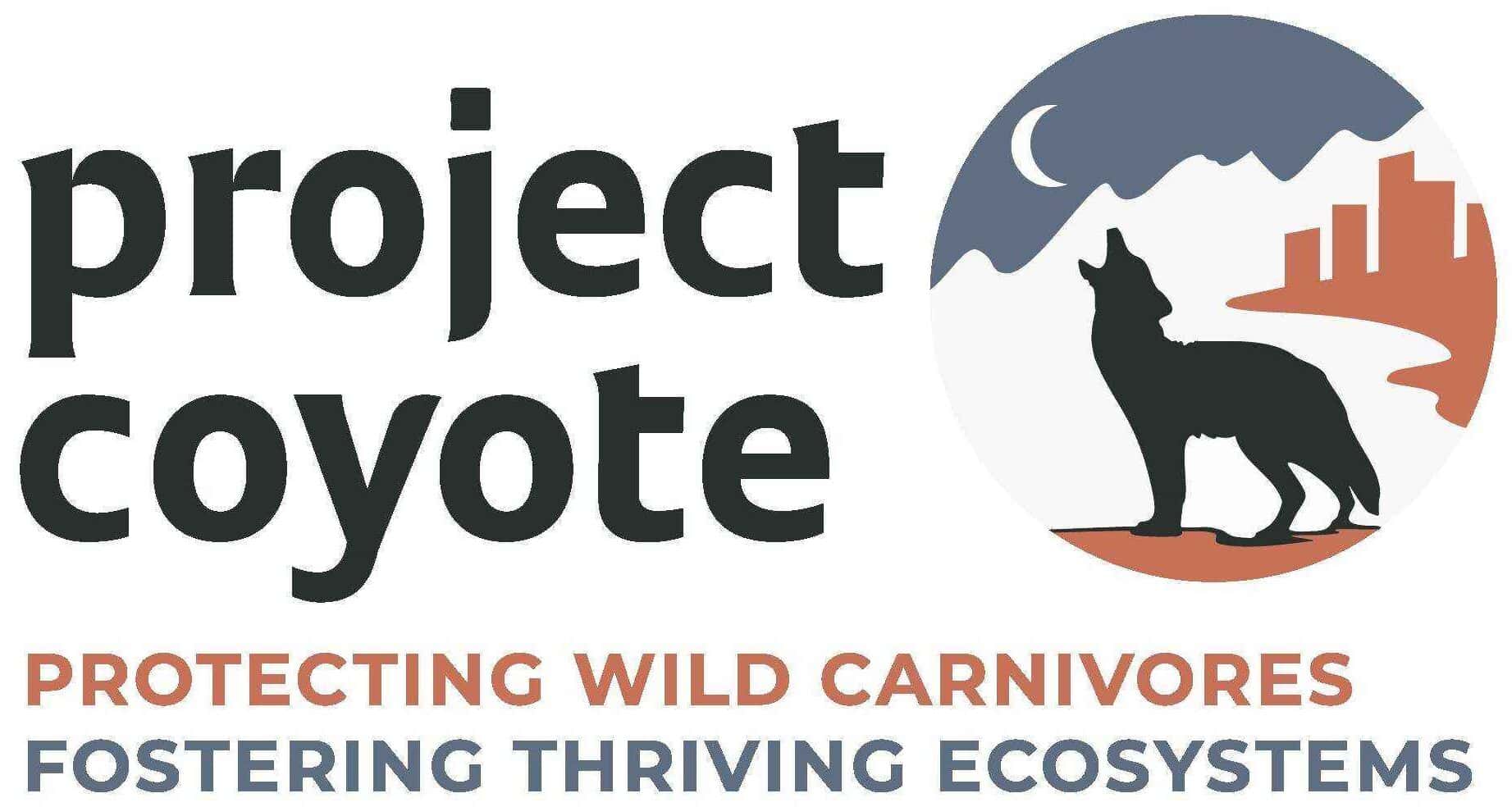
BIO
Michael Paul Nelson, is an environmental scholar, writer, teacher, speaker, consultant, and professor of environmental ethics and philosophy at Oregon State University. He currently holds the Ruth H. Spaniol Endowed Chair of Renewable Resources in the Department of Forest Ecosystems and Society in the College of Forestry. At OSU he also serves as the Lead-Principle Investigator for the H.J. Andrews Experimental Forest Long-Term Ecological Research program, and as a Senior Fellow with the Spring Creek Project for Ideas, Nature, and the Written Word.
He is a collaborator with, and the philosopher in residence for, the Isle Royale Wolf-Moose Project in Lake Superior (www.isleroyalewolf.org), the longest continuous study of a predator-prey system in the world. Michael is the co-founder and co-director (with John A. Vucetich) of the Conservation Ethics Group, an award-winning environmental ethics consultancy group fusing ethics with social and ecological science.
Michael’s research and teaching focus is environmental ethics and philosophy: from the concept of wilderness to topics in the philosophy of ecology, from hunting ethics to theories of environmental education, from topics in wildlife ecology and conservation biology to questions about science and advocacy and the philosophical work of Aldo Leopold. He works closely at the interface of ethics, social science, and ecology.
He is the author of many professional and popular articles, and the author or editor of four books, in and around the area of environmental ethics, including The Great New Wilderness Debate (1998), The Wilderness Debate Rages On: Continuing the Great New Wilderness Debate (2008), and American Indian Environmental Ethics: An Ojibwa Case Study (2004), all with J. Baird Callicott, and the award-winning book Moral Ground: Ethical Action for a Planet in Peril (2010) with Kathleen Dean Moore.
Michael is called upon regularly by various government agencies and conservation organizations to address and assist with understanding the ethical implications of natural resource management decisions. Michael holds a Ph.D. in philosophy from Lancaster University, England. He lives in Corvallis, Oregon.
